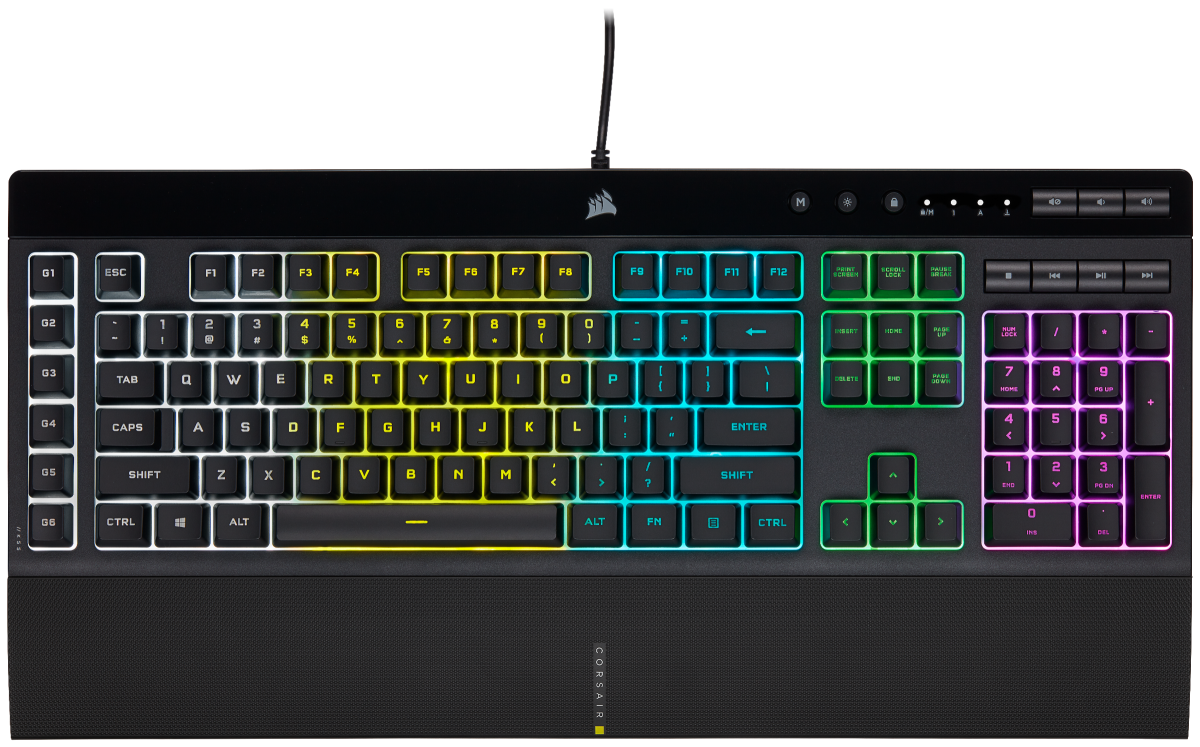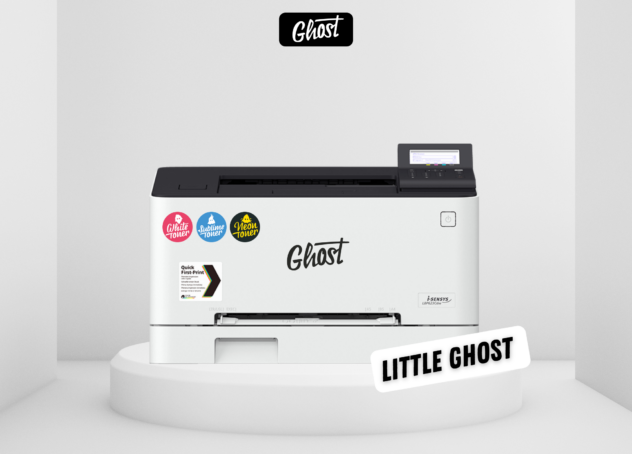
Whether the person performs functions (e.g. cargo claims, delay risk, non-performance risks, freight rate risk, bunker risk) is comparable to that of a carrier by sea of passengers and/or goods Whether the person is a party privy to a COA To determine whether a person is a ship operator, all relevant facts and circumstances have to be considered, including: (a) The person has not ceased to carry passengers and/or goods by sea.įactors for determining whether a person is a ship operator Generally, a person would be accepted as a ship operator if: (a) The ship owner in a bareboat charterparty may be a ship lessor carrying out pure ship leasing activities or a ship operator carrying out bareboat chartering activities incidental or ancillary to its ship operation business.įunction, risk and asset profile of a ship operator The charterer generally employs captain and crew to manage and navigate the ship. A bareboat charterparty operates as a lease of the ship where possession and control of the ship pass from the ship owner to the charterer. The ship owner in a time charterparty may be a ship lessor carrying out pure ship leasing activities or a ship operator carrying out time chartering activities in the course of, or incidental or ancillary to, its ship operation business.īareboat charterparty – A contract where the ship owner leases a ship to the charterer generally for a specified period of time without providing captain and crew in consideration of the payment of hire. The charterer obtains the right to commercially exploit the earning capacity of the ship for its own benefit. Under a time charterparty, the ship owner provides captain, crew and equipment, and is responsible for the technical operation and navigation of the ship. Time charterparty – A contract where the ship owner agrees to charter a ship to the charterer for a specified period of time in consideration of the payment of hire. The ship owner in a voyage charterparty is likely a ship operator. A voyage charterparty is generally considered as a COA. The ship owner also bears the commercial risk relating to the ship and goods. Under a voyage charterparty, the ship owner has the whole management and navigational control of the ship, and retains the right to commercially exploit the earning capacity of the ship for its own benefit. Voyage charterparty – A contract where the ship owner agrees to carry the charterer’s goods between specified destinations in consideration of the payment of freight on a per tonne or lump-sum basis. In the maritime industry, there are three main types of charterparties: voyage charterparty, time charterparty and bareboat charterparty.


A COA may be contained in a charterparty or evidenced by a bill of lading. Generally, a contract of affreightment (COA) is entered into between a ship operator and a shipper, in which the ship operator agrees to carry goods by sea for the shipper in consideration of the payment of freight. In essence, a ship operator provides services for the carriage by sea of passengers and/or goods, including any chartering activities incidental or ancillary to the ship operation business, towage and dredging operations.Ī ship operator is a carrier by sea of passengers and/or goods.

Factors for determining whether a person is a ship operator.Function, risk and asset profile of a ship operator.


 0 kommentar(er)
0 kommentar(er)
